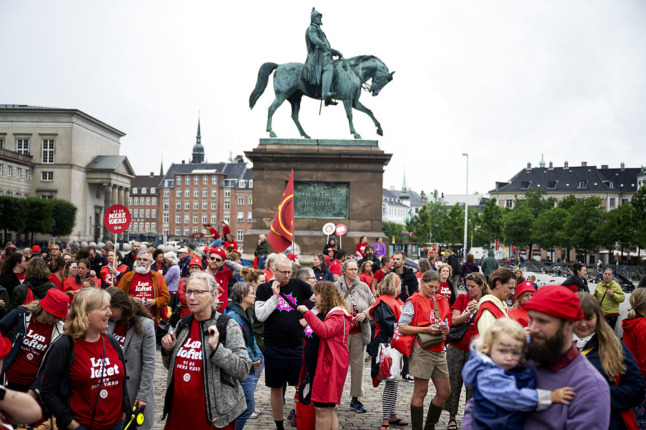We send out a small selection of news, features, opinion and advice articles on a daily basis via our newsletter (see below for an example).
The idea is to inform you about what's going on in France in terms of news as well as entertain you (hopefully) with a selection of features that shed a little light on the country as well as on the French people (No, they are not rude as some suggest. It's just a big misunderstanding.)
We also offer advice articles that range from subjects such as working in France to buying a house, to seeking French nationality.
All in all we think it's a useful newsletter to get straight into your inbox once a day, especially if you live in France or visit regularly.
Registering for the newsletter couldn't be easier. You just have to click on this link and tick the box for France. Please forward the link to your friends and family if you think they'd also like to sign up.
|
||
|




 Please whitelist us to continue reading.
Please whitelist us to continue reading.